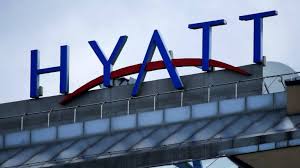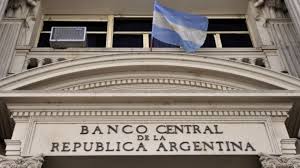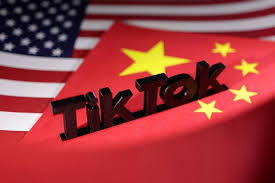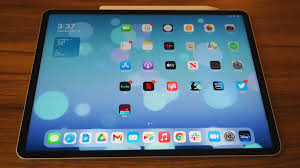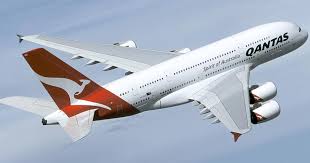On Thursday, Brazil held its much-anticipated auction for the expansion of the country’s fifth-generation wireless network, with the question of whether China’s Huawei telecoms corporation will be engaged still up in the air.
Faster speeds, reduced lag when connecting to the network and the possibility to connect more devices to the internet is all promised by the technology. The ambitious auction, however, also attempted to alleviate the country’s deep digital divides by requiring winning bidders to create or expand wireless infrastructure in underserved areas.
The auction was not yet completed on Thursday, but pledges for nearly 30 billion reals (about $5 billion) in investment had already been made by mobile phone companies such as Claro, Tim, and Telefônica, which owns Vivo.
The government anticipates that the auction, which could go on until Friday, will bring in up to 50 billion reals.
The sale has been planned for years by authorities, politicians, and the National Telecommunications Agency.
In the face of strong US resistance, much of the debate over 5G has centered on whether wireless operators will be permitted to work with Chinese telecom giant Huawei at a later stage.
Huawei is at the center of a diplomatic spat between the United States and China, with US officials suspecting the Chinese government of using Huawei’s network equipment to spy on them. The United States has pushed other countries, notably Brazil, to prohibit Huawei from building 5G networks, citing security concerns. Such allegations have been refuted by Huawei.
Experts and politicians speculated that Huawei, which did not bid in Thursday’s auction, would join the game later. Operators will need to install gear for the radio antennae to work with the new wireless network after the infrastructure has been constructed. China’s Huawei and ZTE, Sweden’s Ericsson, and Finland’s Nokia are among the companies that potentially make it.
The auction promised to enhance digital inclusion as well as refill public coffers, making it by far Brazil’s largest telecommunications tender ever.
President Jair Boslonaro’s administration expects to receive nearly 50 billion reals, with 20% going to the federal treasury and the rest going to building new infrastructure or improving existing networks.
Aside from 5G, winning bidders must provide 4G or higher wireless broadband to almost 10 million people in northern Brazil, including 500 settlements in the huge Amazon region, where many people still lack access to the internet.
On Thursday, Communications Minister Fábio Faria claimed, “Brazil will be the first Latin American country to get 5G,” implying a statewide rollout. Several other countries have already begun to deploy 5G networks.
The goal is to give 5G coverage to more than 31,000 kilometers (almost 20,000 miles) of federal roadways and public schools. According to Faria, approximately 7,000 of the country’s 85,000 schools still do not have access to the internet.
“What did they ask us for when we traveled to two Indigenous tribes, the Tucanos and the Yanomamis?” They want access to the internet!” At the tender’s opening ceremony, Bolsonaro stated.
Bolsonaro, a Trump supporter, declared in September last year that he would be the one to decide who may participate in the 5G auction, though analysts say the choice will be made by the regulatory agency.
Brazil backed Trump’s “Clean Network” program in November 2020, which identifies Chinese tech companies considered security concerns by the Trump administration, including Huawei.
Because China is the country’s main business partner, it was difficult for Bolsonaro’s administration to openly oppose Huawei, according to Thiago de Arago, director of strategy at the Brazilian political consulting firm Arko Advice.
Furthermore, for months, Brazil relied on Chinese supplies of active ingredients for local production of the only COVID-19 vaccine accessible in the country, Sinovac’s Coronavac, a biopharmaceutical company.
“At that point, it became evident that excluding Huawei would be extremely impossible,” de Arago added.
Perpétua Almeida, a member of Congress’ lower house commission on the 5G tender, argued that barring Huawei made no sense because the business is already a supplier to the country’s major mobile phone providers.
“You would remove Vivo, Claro, and TIM, the biggest firms now, out of the bidding process if you didn’t have Huawei,” Almeida told reporters. “Brazil must forge its own path and avoid becoming embroiled in the Sino-American conflict. We must make the finest decision for Brazil.”




